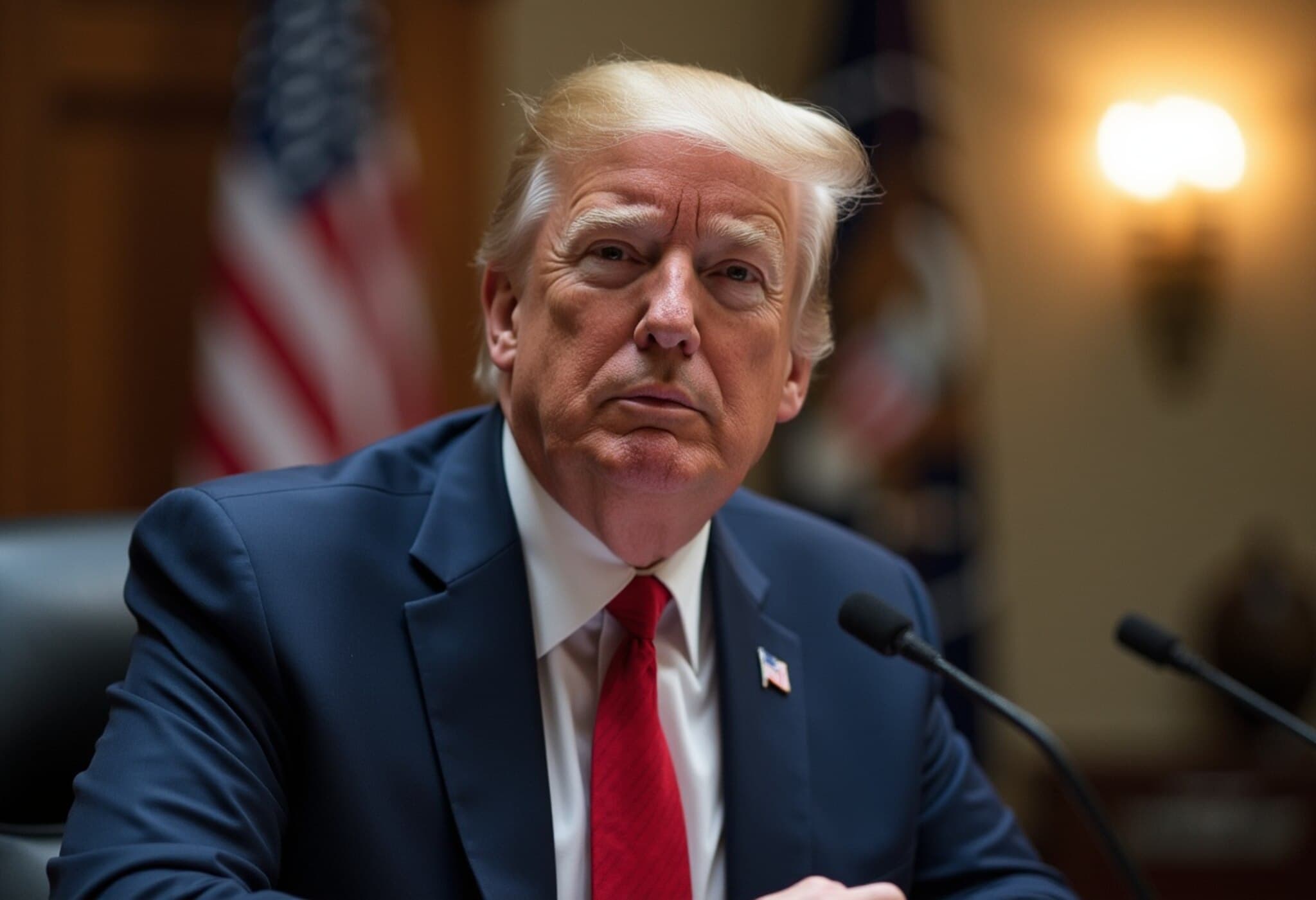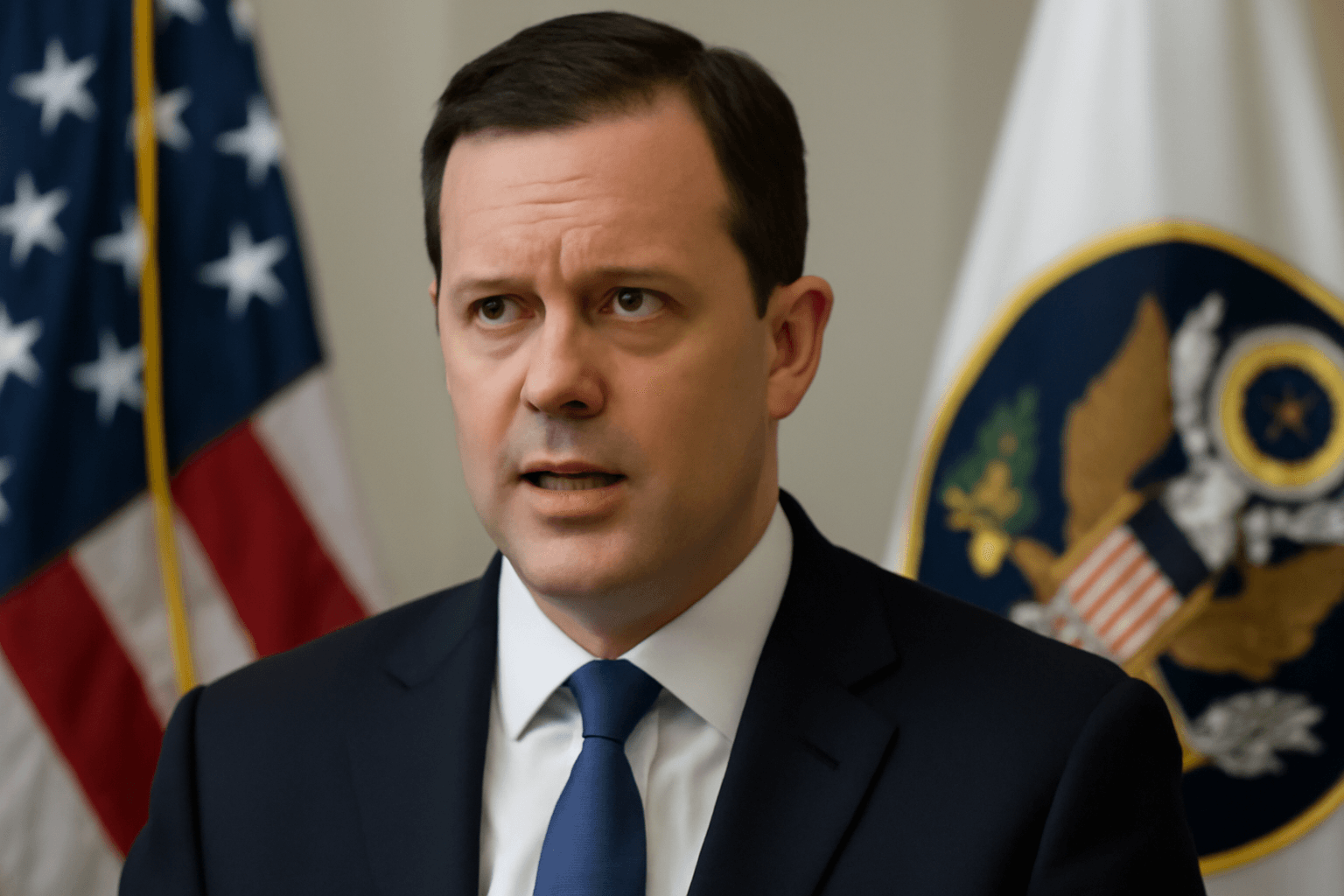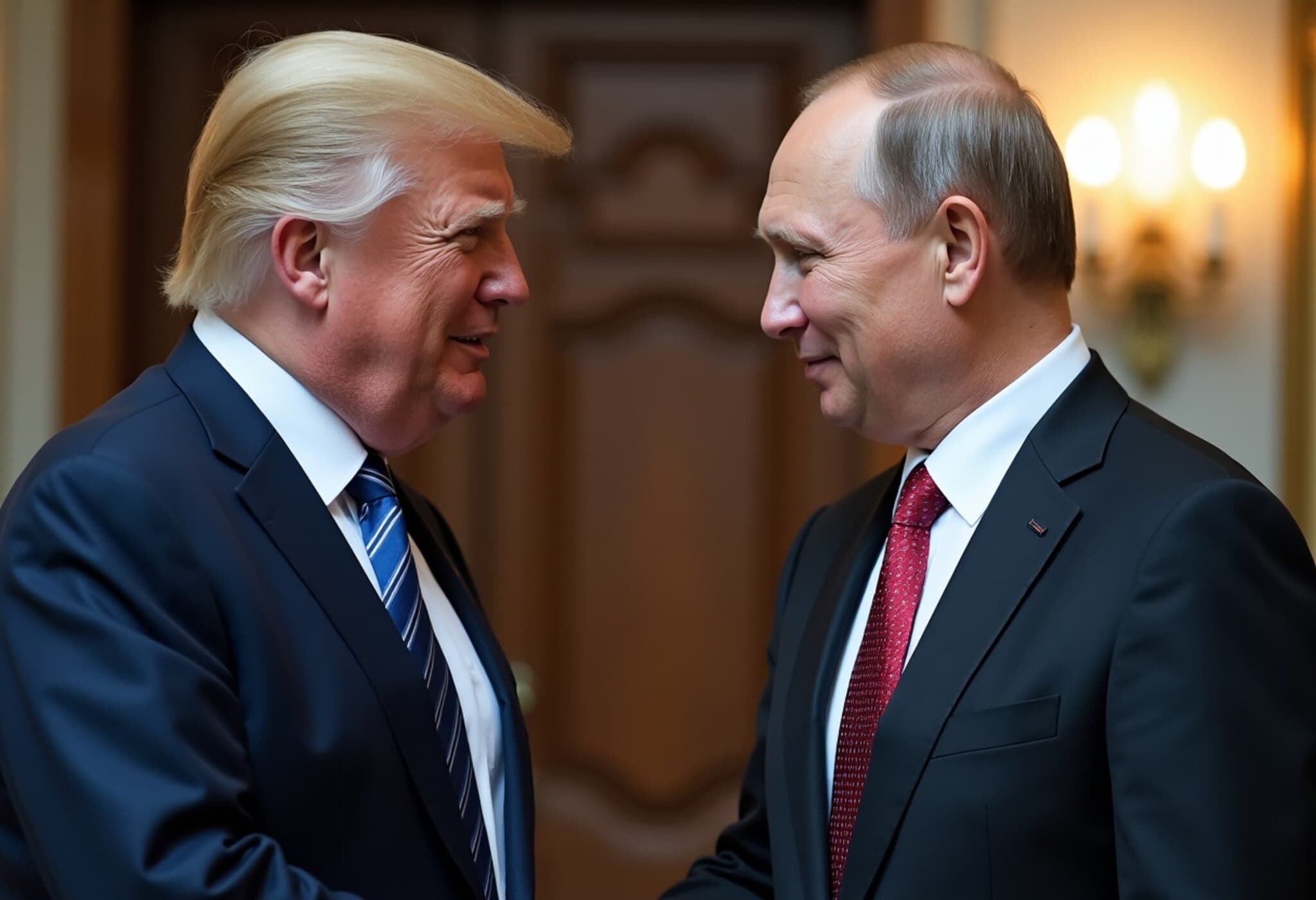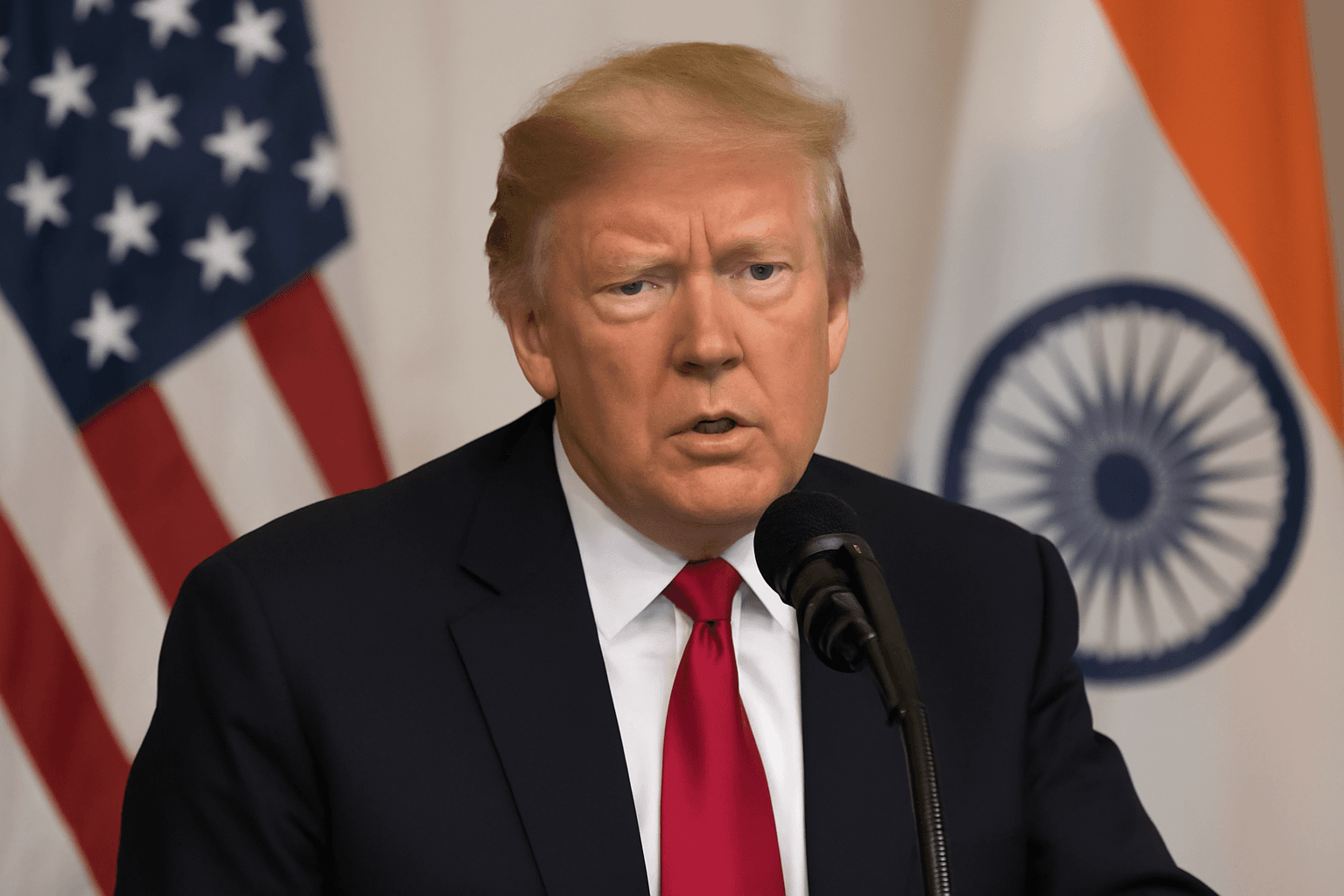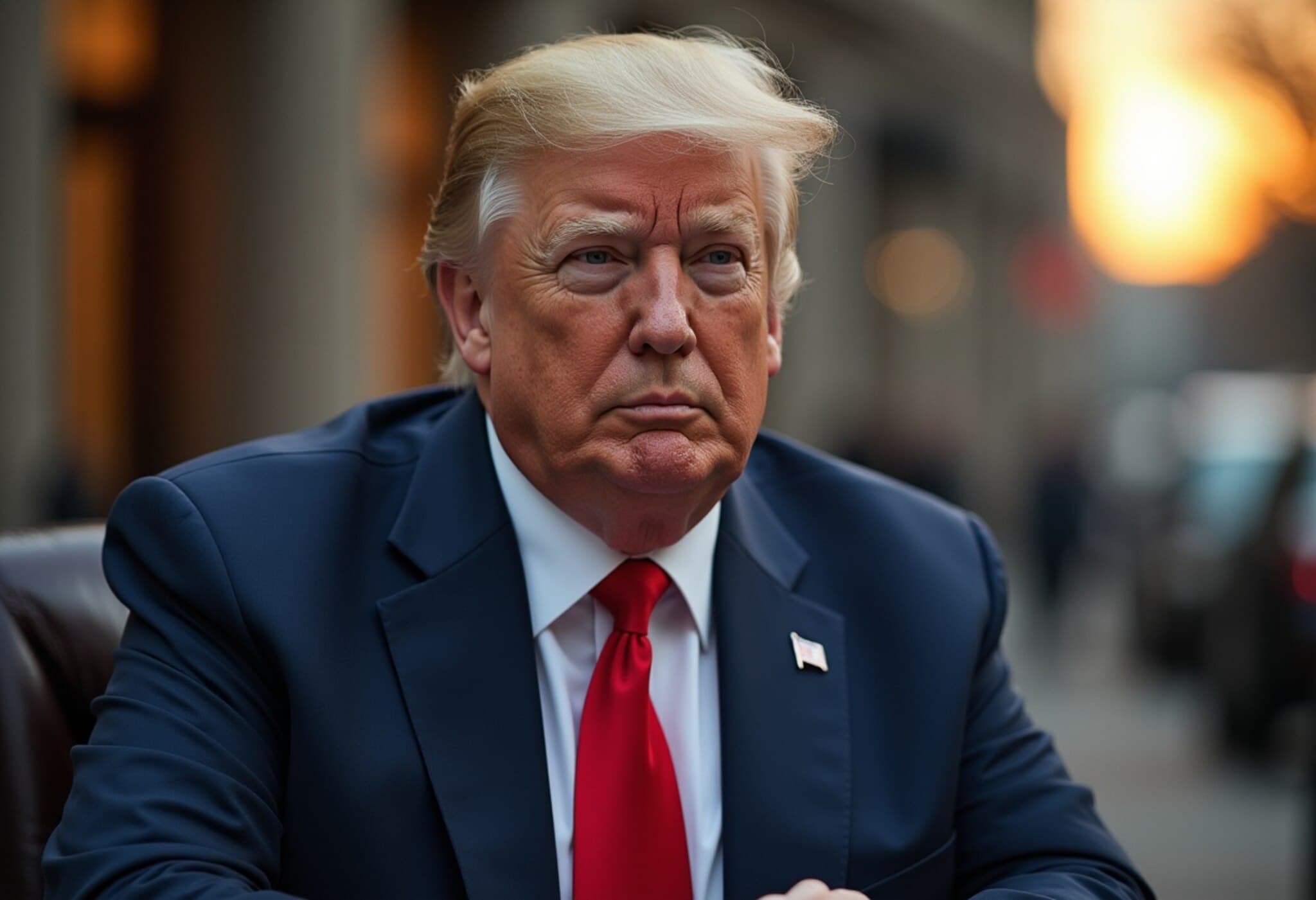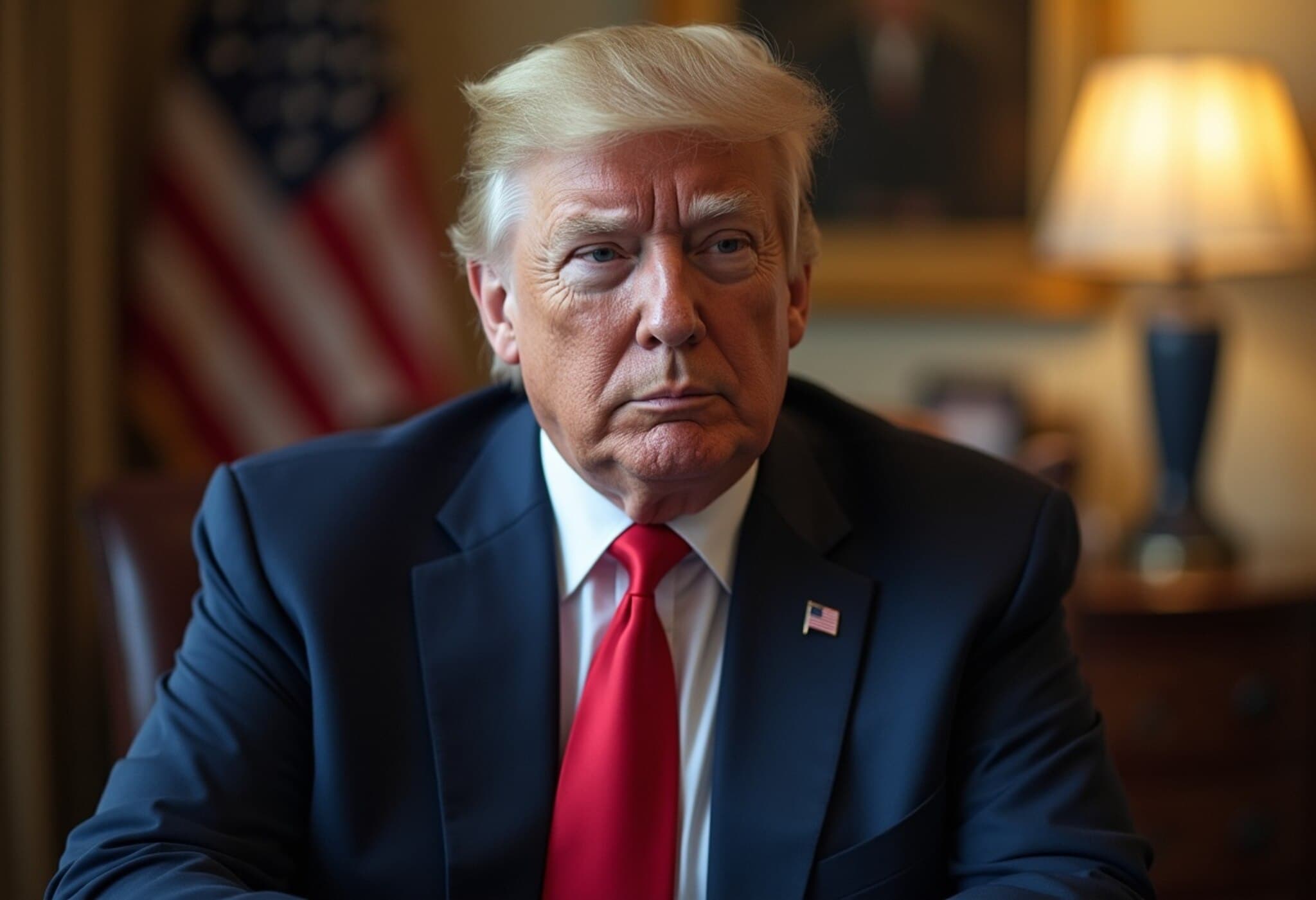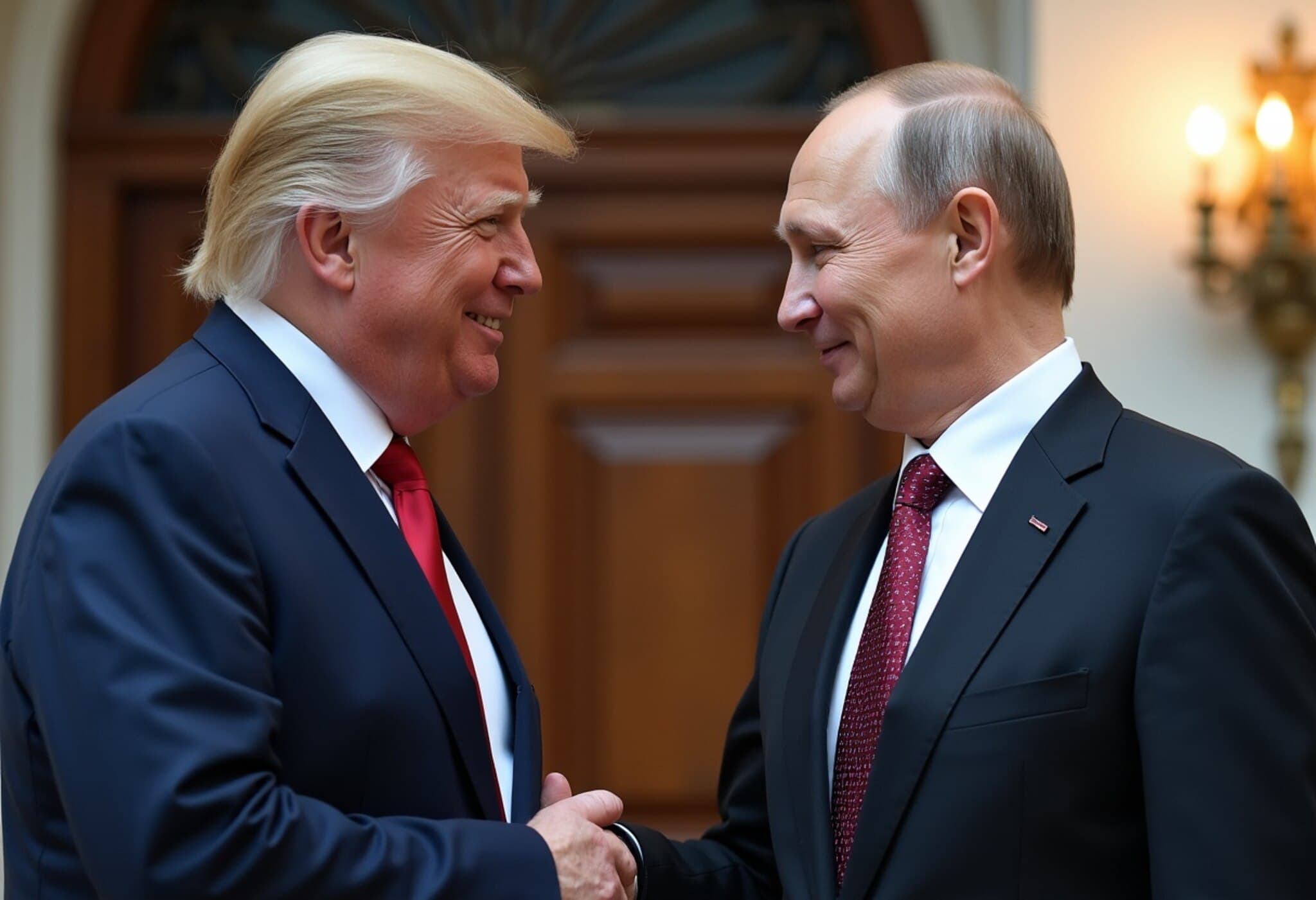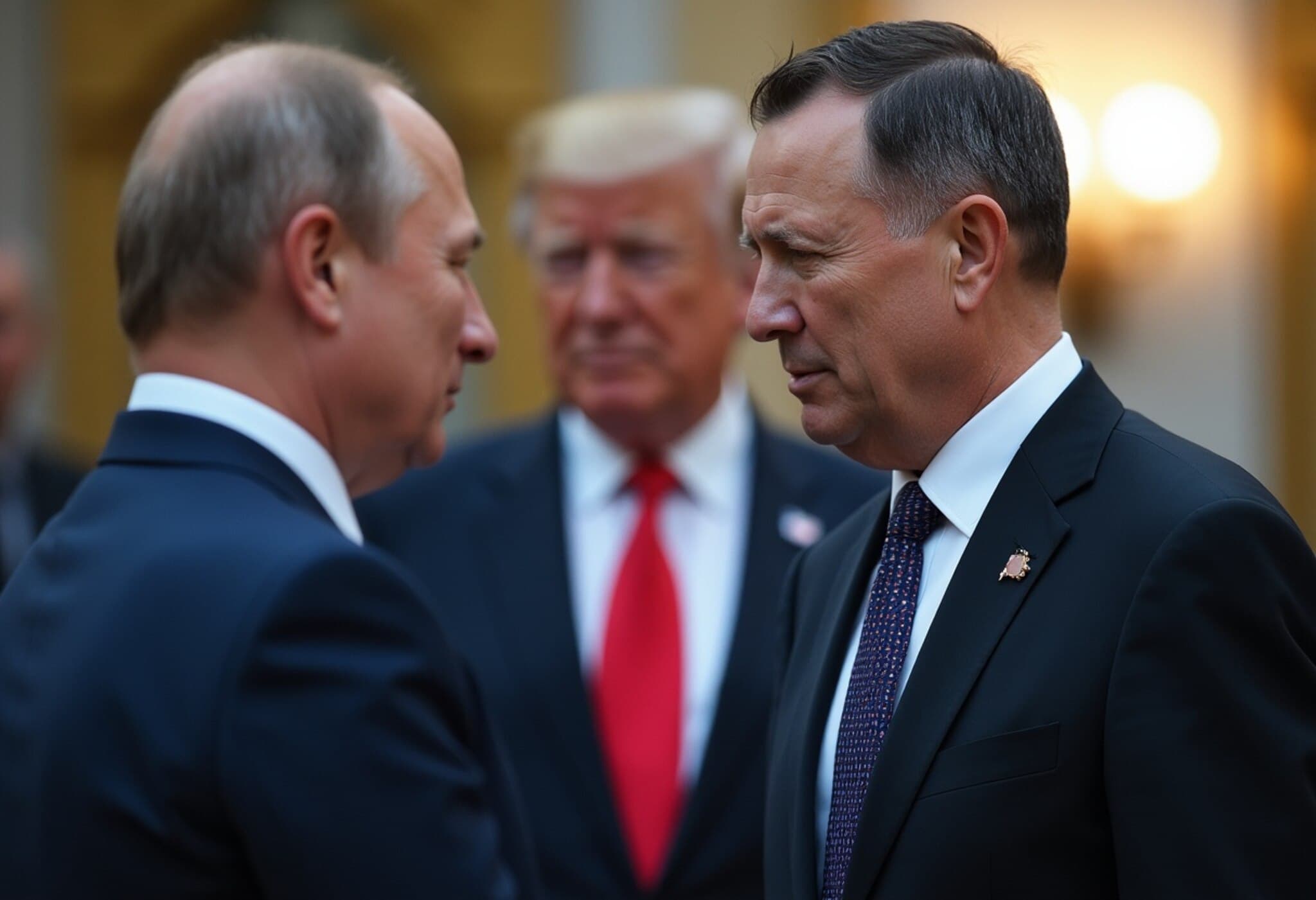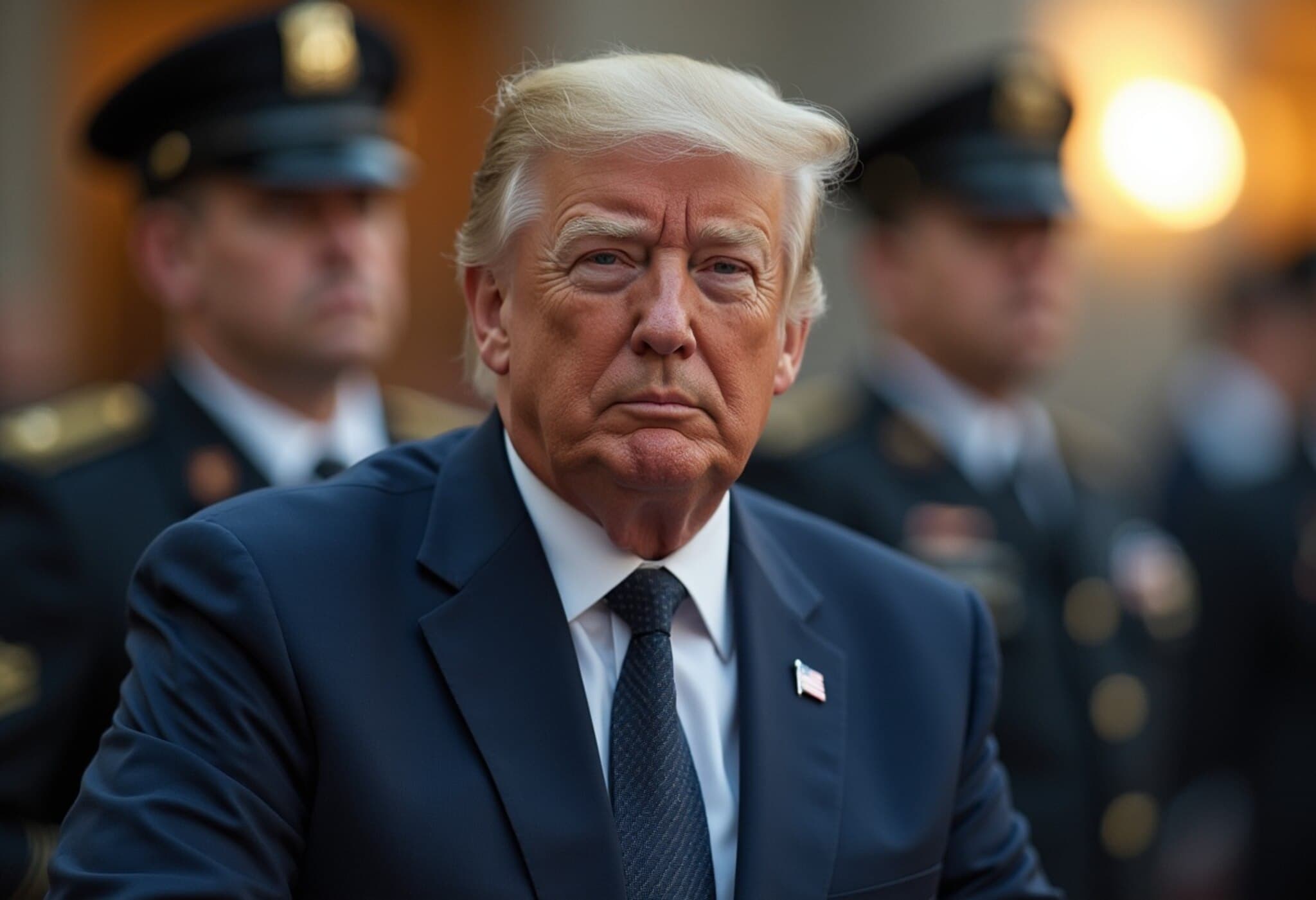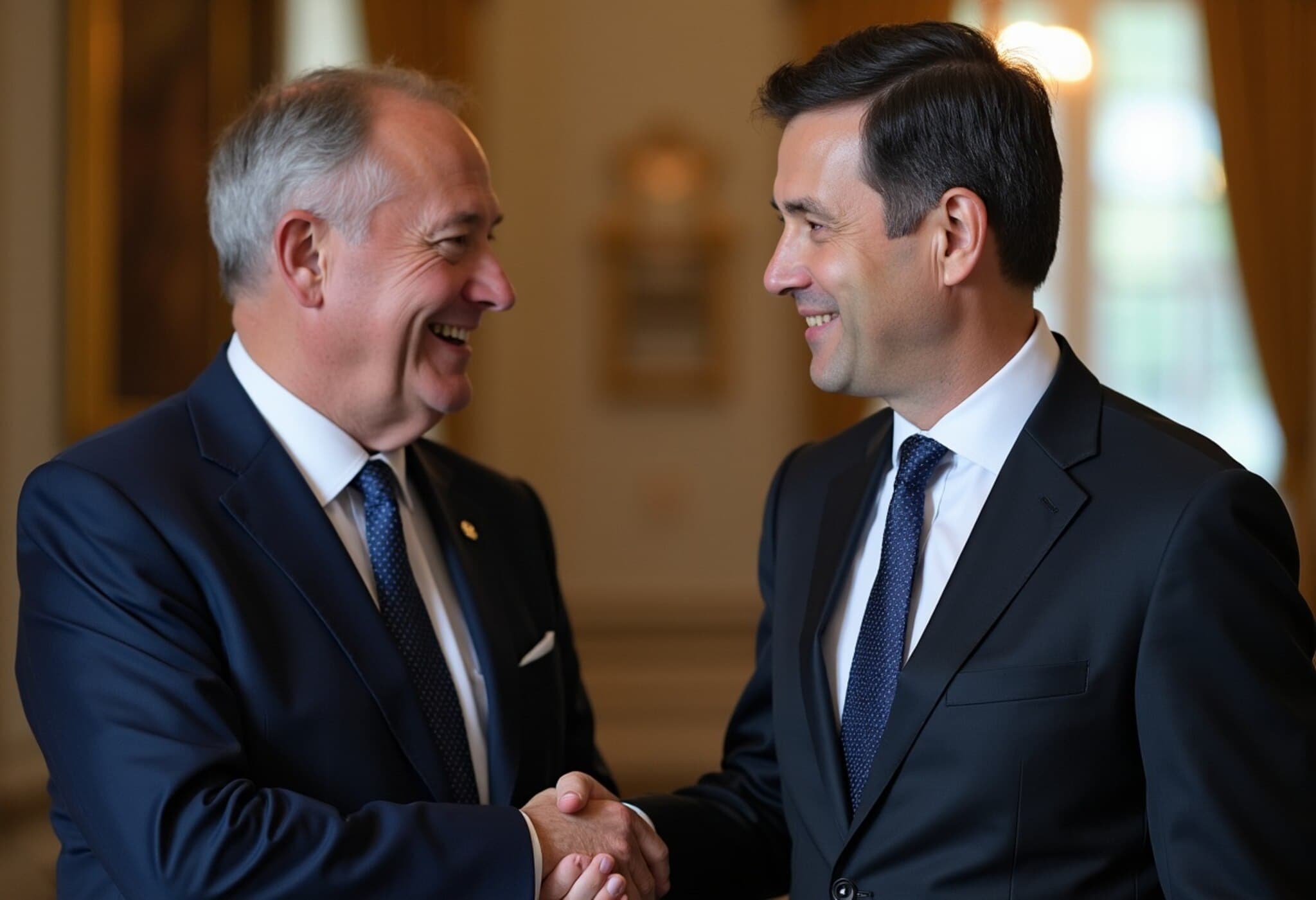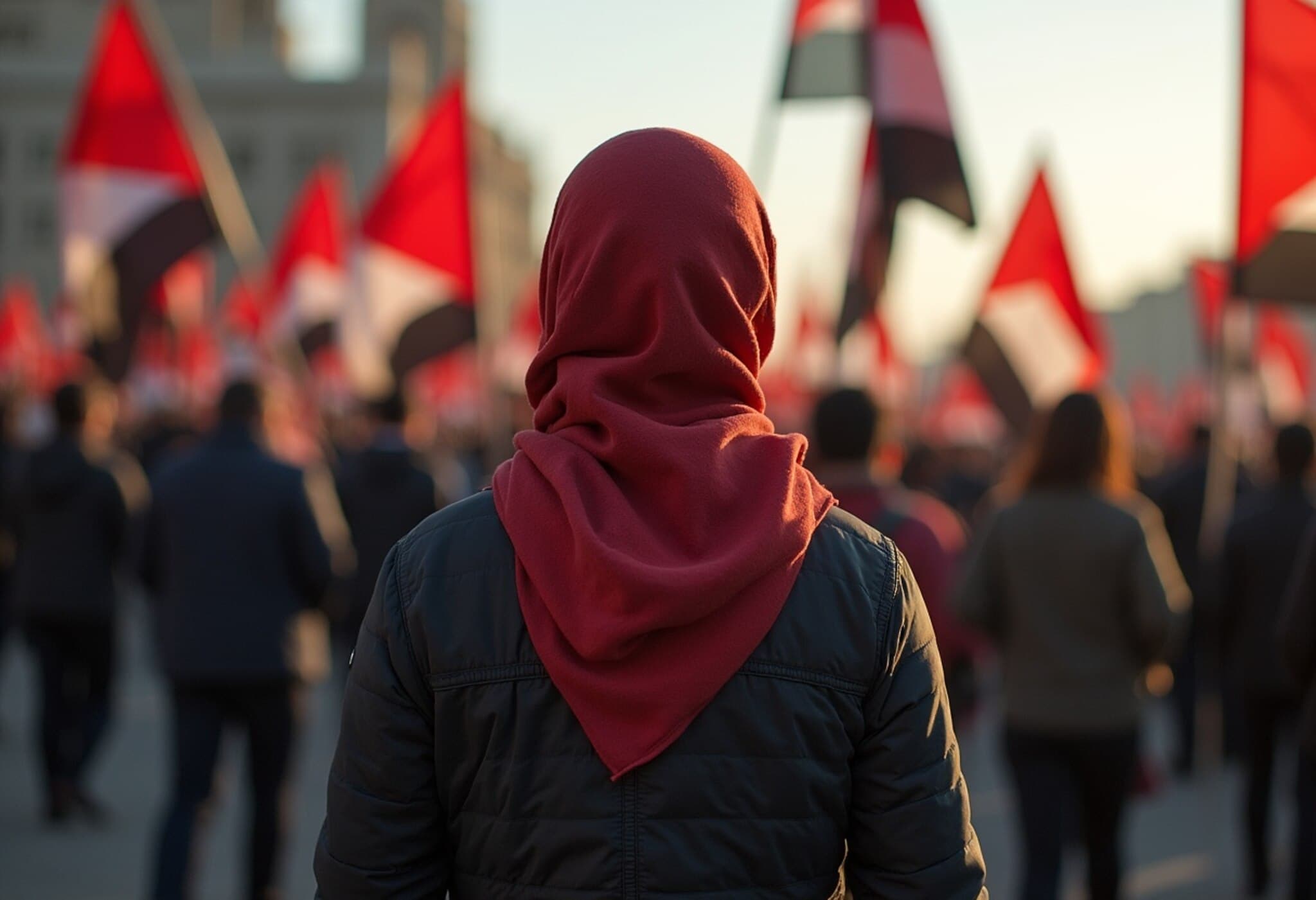US Vice President JD Vance Foresees Challenges in Ukraine Peace Negotiations
Vice President JD Vance recently expressed a sobering view on the possibility of brokering a peace deal between Russia and Ukraine. Speaking to Fox News, Vance emphasized that any negotiated settlement is unlikely to fully satisfy either Moscow or Kyiv, warning that both sides may emerge from talks feeling shortchanged.
“No Winner” Scenario Foreseen in Ukraine Conflict Resolution
Vance remarked, “It's not going to make anybody super happy. Both the Russians and the Ukrainians, probably, at the end of the day, are going to be unhappy with it.” This candid assessment underscores the complexity and high stakes of the ongoing war, now in its fourth year, which has deeply entrenched positions on both sides.
Trump's Plans to Mediate in Alaska Talks
In a development stirring international attention, US President Donald Trump announced on August 8 that he plans to meet with Russian President Vladimir Putin on August 15 in Alaska. The goal: to negotiate an end to this brutal conflict. Trump suggested that the two nations are nearing a ceasefire agreement, which may involve Ukraine relinquishing significant territories contested in the war.
Ukraine’s Firm Stance on Sovereignty
However, Ukrainian President Volodymyr Zelenskyy has made it clear that any deal must respect Ukraine's constitutional integrity, particularly regarding territorial sovereignty. On August 9, Zelenskyy declared, “Ukrainians will not gift their land to the occupiers,” reinforcing Kyiv’s reluctance to concede territory as a price for peace.
Triangular Talks – Scheduling Challenges and Strategic Moves
During the Fox News interview, Vance hinted at ongoing efforts to organize a high-profile summit involving Putin, Zelenskyy, and Trump. Yet, he cast doubt on the immediacy of direct talks between Putin and Zelenskyy without prior discussions between Putin and Trump. Vance explained, “We’re at a point now where we’re trying to figure out, frankly, scheduling and things like that, around when these three leaders could sit down and discuss an end to this conflict.”
Expert Insight: Navigating the Tightrope of Peace
The US’s attempt to mediate this conflict comes with tremendous diplomatic hurdles. The underreported narrative here is the delicate balancing act between acknowledging Russian security concerns and upholding Ukraine’s territorial rights. Analysts warn that any agreement perceived as a capitulation by Ukrainians could undermine Western support and domestic legitimacy for Zelenskyy’s government.
From an American policy standpoint, this initiative marks a shift where direct US presidential involvement aims to expedite resolution amid war fatigue and geopolitical pressures. However, it's critical to watch how this may affect NATO dynamics and US-Russia relations beyond Ukraine.
Looking Ahead: Key Questions
- Will the prospective Alaska meeting serve as a genuine turning point or simply symbolic diplomacy?
- How will the US balance its role as mediator while maintaining credibility with Ukraine and NATO allies?
- Can a peace agreement avoid incentivizing future violations of international law?
Editor’s Note
The unfolding diplomatic dance over Ukraine’s future is a poignant reminder that in geopolitics, peace often comes with uneasy compromises. JD Vance’s frank take invites us to temper expectations and critically evaluate what “peace” means for those on the ground. As negotiations edge forward, the world watches not just for headlines, but for a durable framework that respects sovereignty, justice, and long-term stability in Eastern Europe.

